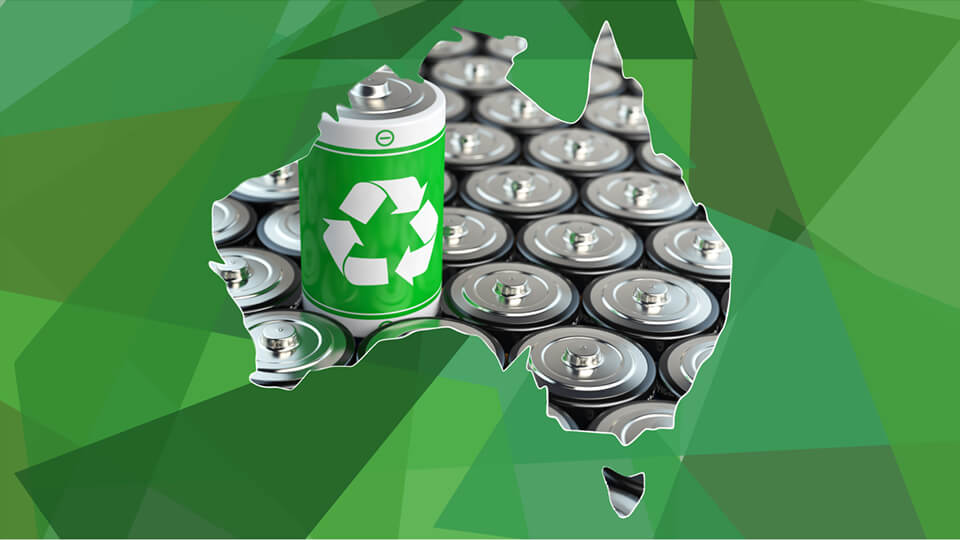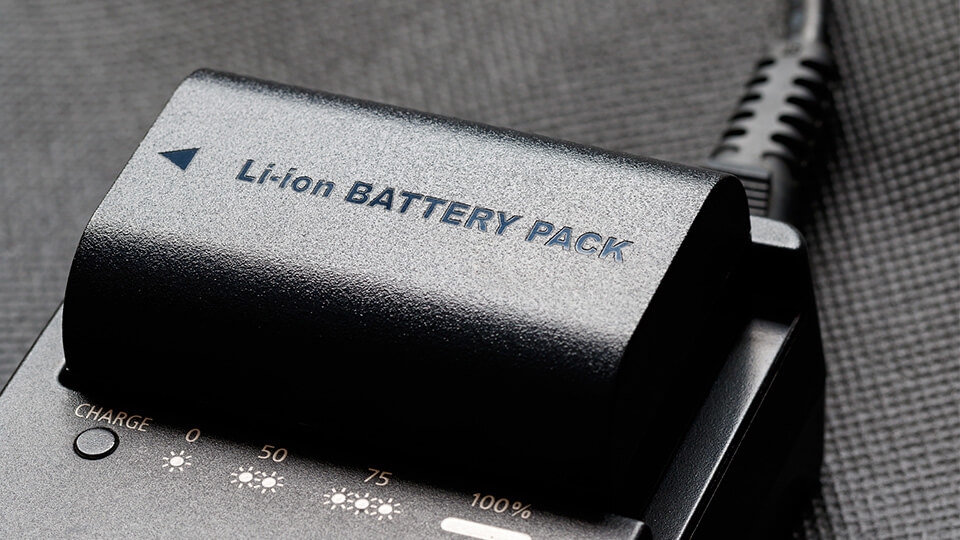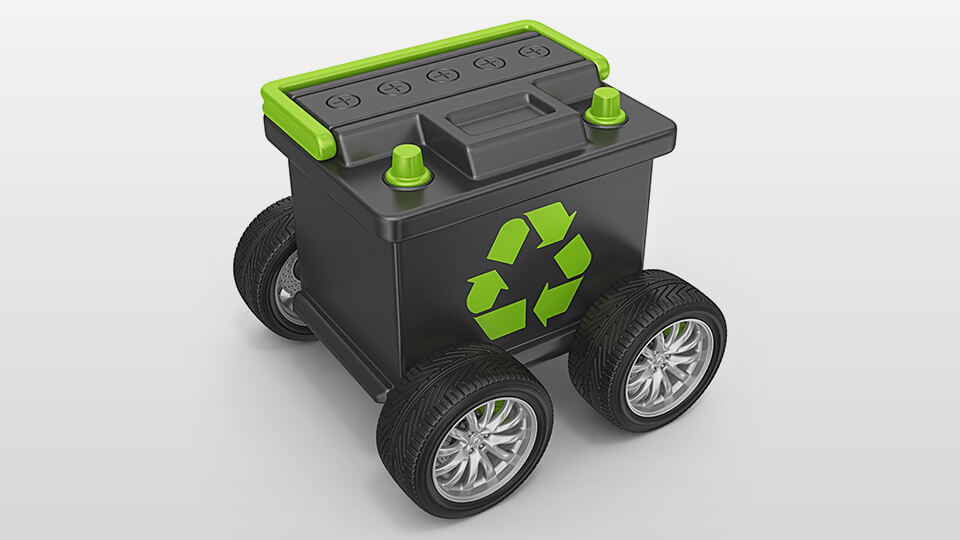Cadmium exposure has been linked to a large number of illnesses, including kidney and cardiovascular diseases and cancer. Yet, it is estimated that 90 tonnes of this metal, in the form of used batteries, goes into Australian landfills each year.
That’s just one reason why Australia needs a mandatory battery recycling program.
Another good reason is the sheer amount of battery waste – about 14,750 tonnes – that Australians generate each year.
While more than 90% of car batteries get recycled, for most types of batteries the recycling rate is closer to 3%. That needs to change, as most landfills are not designed to store and contain toxic materials.
Time for action
The good news is that Australia’s environment ministers are taking battery recycling seriously.
At a meeting in July they agreed to at least consider new laws that would compel manufacturers to collect and recycle used batteries.
For now, battery recycling is voluntary.
The Australian Battery Recycling Initiative (ABRI) was established by a group of manufacturers, retailers, recyclers, environment groups and government bodies to promote the collection and recycling of batteries.
ABRI has been involved in negotiations to establish a national stewardship program for handheld batteries, along the lines of the National Television and Computer Recycling Scheme.
But where the TV and computer recycling scheme has collected more than 130,000 tonnes of e-waste, progress on batteries has been much slower.
Some pilot programs, variously focusing on power tool batteries, exit lighting batteries, button cells and general batteries have been run in different states.
While these programs have shown that people want to recycle batteries, Queensland’s Environment Minister Steven Miles says it’s “increasingly clear a voluntary scheme may not be enough”.
Ecocycle’s Business Development Manager Daryl Moyle agrees.
“The essential ingredient of successful product stewardship programs is legislation that requires manufacturers and importers of products to pay a levy on each sale. That money is then passed on to the companies that collect and recycle products that have reached the end of their life,” he said.
Ecocycle has joined ABRI to lend its weight to the development of a mandatory battery recycling scheme.
A case for recycling all battery types
As Mr Moyle points out, mandatory battery recycling would see a huge increase in the amount of battery waste.
In preparation for this, Ecocycle is investing heavily in battery recycling infrastructure to ensure that ever growing amounts of battery waste can be safely recycled.
ABRI is initially pushing for a product stewardship scheme to cover rechargeable and button batteries, as these contain the most environmentally hazardous materials.
However, Mr Moyle said a case could be made to recycle all batteries.
“It’s a resource recovery issue. Most waste batteries are the single-use alkaline or carbon types used by households. They contain zinc and manganese which both have a variety of uses,” he said.
Setting up a mandatory scheme is one thing. Getting people to comply with it is another.
“Federal and state governments need to raise awareness of recycling schemes, many of which already exist,” said Mr Moyle.
“We need to develop that same attitude towards recycling batteries as we have to recycling aluminium cans.”
Making battery recycling easy
Every household can collect old batteries in a suitable container. When full they can then be taken to collection points offered by councils or selected retailers.
Just make sure all batteries in the home are stored securely. Button batteries, in particular, can cause serious injury if swallowed by children.
Battery recycling is even more convenient for workplaces.
If your organisation generates a few kilograms of waste batteries each year, call 1300 32 62 92 or fill out the form to find out just how easy it is to recycle them.





